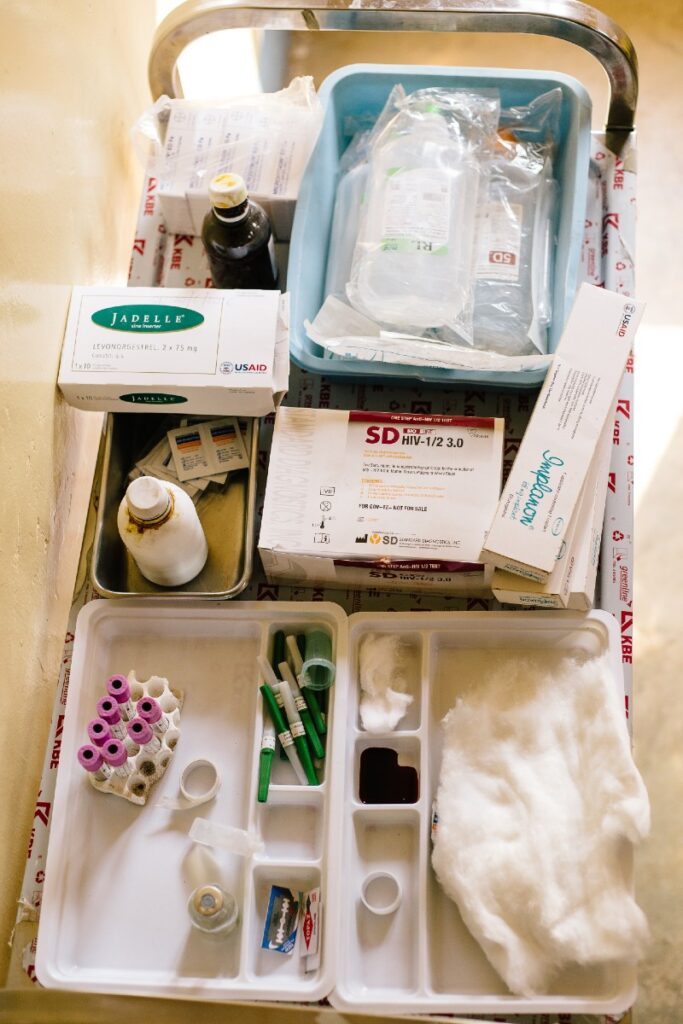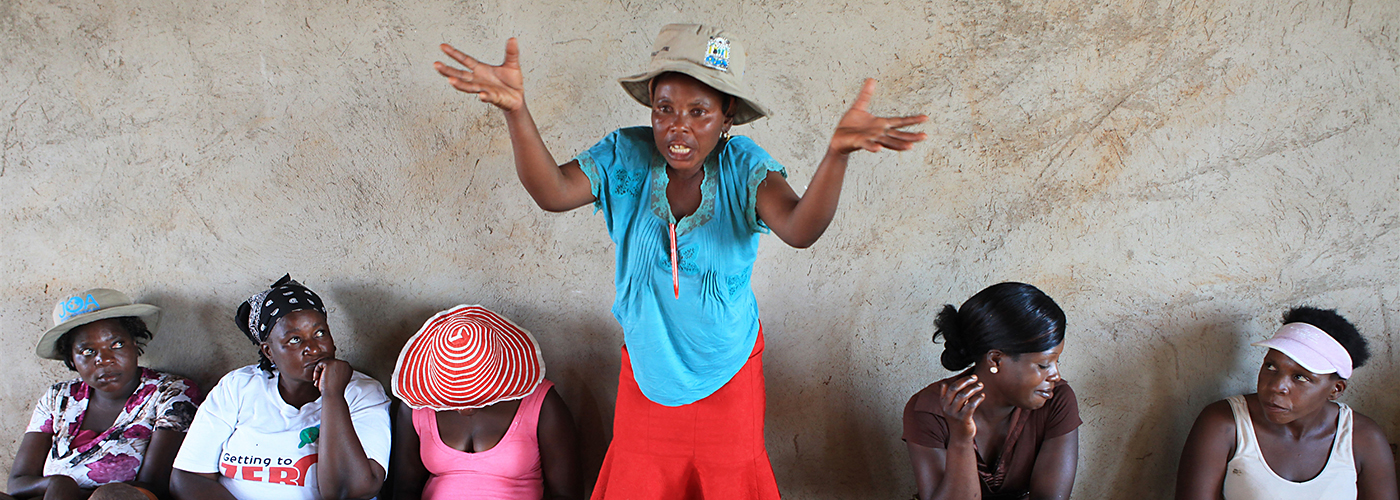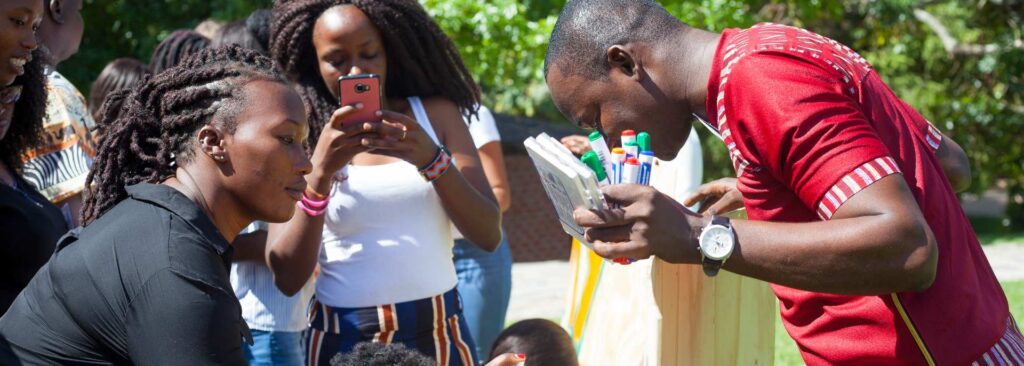By the We Lead team
Sexual and reproductive health is a fundamental human right as well as a human development issue that countries and states must strive to fulfil. But this is a right that is seemingly at a crossroads of gross violations.
The shocking news of the Kenyan government’s complacency in allowing expired family planning commodities to be released to women is one harrowing example. It emerged that a consignment of implants procured by the United Nations Population Fund (UNFPA) and dispatched to Kwale, Lamu, Nyamira and Kakamega Counties by the Kenya Medical Supplies Agency (KEMSA), had expired due to delays in clearance at the Mombasa port.
Sexual and reproductive health rights largely ignored
This incident that seems- a one off -has unfortunately put the lives of young women dependent on these commodities at risk where they stand to face untold side effects. However this is not a single issue in isolation. It paints a brink picture that exposes the underbelly of our health care system that continues to exacerbate the unmet needs for family planning.
This beckons the question: where did we go wrong in upholding the sexual and reproductive health rights of our young women?

Women’s sexual and reproductive health rights has been under siege since the outbreak of the Covid-19 pandemic as efforts by most countries were laser-focused on controlling the spread of the Corona virus.
Majority of low-income women faced a double threat as they struggled to keep afloat physically and mentally. Gender- based violence has been on the rise as many have been isolated in their homes during lockdown and unemployment as most economies were grinding to a halt. The change of priorities by governments meant little or no attention to family planning commodities supply thus affecting availability and accessibility. This incredibly continues to deny women the right to make a choice over their reproductive lives and future.
This challenge is even more pronounced amongst those who are further ‘left behind’ with diverse intersectionalities. This demographic includes young women living with disabilities, sexual and gender minorities, young women living with HIV and AIDS, adolescent girls, young women and girls in displacement situations and refugees disproportionately affected by these extremities.
Kenya must fulfil its promise
Kenya has committed to international and regional instruments that protect the sexual and reproductive health rights of all its citizens. In fact during the ICPD25+ conference held in Nairobi, Kenya reaffirmed its commitment towards universal health coverage that promises provision of essential reproductive health goods and services.
Despite these elaborate measures by the Kenyan government, much more needs to be done to accelerate its promise in guaranteeing its citizens access to quality sexual and reproductive health care.
Research by Family Planning Kenya indicates that Kenya’s contraceptive access rate is still quite low at 42.5 per cent and not able to cater for unmet family planning needs at 18.6 per cent. This should be of concern considering Kenya has a high youthful population and meeting sexual and reproductive health rights needs may quickly become a pipe dream if something is not done urgently.
A few measures can go a long way for Kenya to firm up its steps in strengthening its commitment to bolstering universal access to sexual and reproductive healthcare commodities. This can equally cushion the millions of young women who need the critical support in accessing contraceptive commodities especially during the Covid-19 pandemic that has disrupted the country’s health care systems.
First, measures should be tightened to ensure that such incidences never happen again. We wish to remind the Kenyan government that its core responsibility lies in prioritising and providing quality and timely sexual and reproductive health right services to all persons at all times without discrimination. Such essential services should cover each stage of the Reproductive, Maternal, Newborn, Child and Adolescent Health scorecard that Kenya has committed to which includes: family planning, post-abortion care, child birth, postnatal and adolescence.
Secondly, all state agencies mandated to procure life saving sexual and reproductive health commodities should endeavour to harmonize operations particularly in procurement, clearance and transportation of goods. This will avert future similar delays and ensure they work in tandem for the common good of all Kenyans.
Thirdly, it is paramount for the Ministry of Health and other related agencies to ensure quality controls and quality assurance are entrenched in their processes by enhancing capacity and surveillance to ensure Kenyans only consume pharmaceutical products of best quality. This will go a long way in restoring the dashed hopes of young girls and women who want the autonomy to make decisions over their bodies and reproductive health.
Lastly, we call upon all Kenyans and the civil society to be extra vigilant and continue supporting the government efforts in provision of quality healthcare by demanding for accountability. We must endeavour to inform the public, particularly rightholders of their reproductive health rights to the best attainable standards of health as the Kenyan constitution prescribes. The government must therefore act in the best interest of its people and respond with utmost care particularly to the sexual and reproductive health needs of young women.
This, is the We Lead promise!
Hivos as a champion of human rights for all aims to strengthen the influence and position of young women whose sexual and reproductive health and rights are neglected the most. Through the We Lead program, Hivos together with consortium partners and an array of local organisations, will be working closely with government(s), like-minded partners, young women and adolescent girls and state health agencies to ensure the highest standards of sexual reproductive health rights are attained.
We are engaging the government(s) and other stakeholders to ensure rightsholder-friendly policies are put in place and implemented while supporting a multi-stakeholder and multi-agency approach to provision of quality services to the populations in need.
We are additionally working towards improving the capacities of healthcare workers to ensure provision of client centred services particularly to young women and adolescents girls. We recognize that ultimate provision of the quality healthcare can not be left to the government and the healthcare providers alone.
Through the ‘leave no one behind’ mantra we are focused on building a strong grass-root movement that will form a critical mass for championing, lobbying and advocating for respect and provision of quality sexual and reproductive health rights services.


